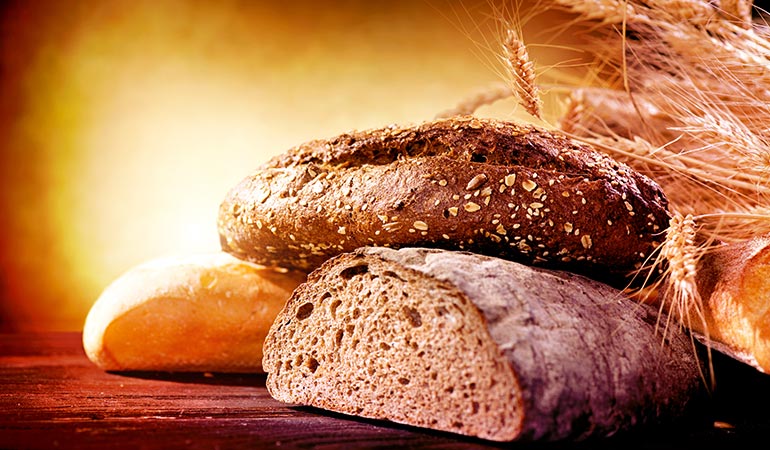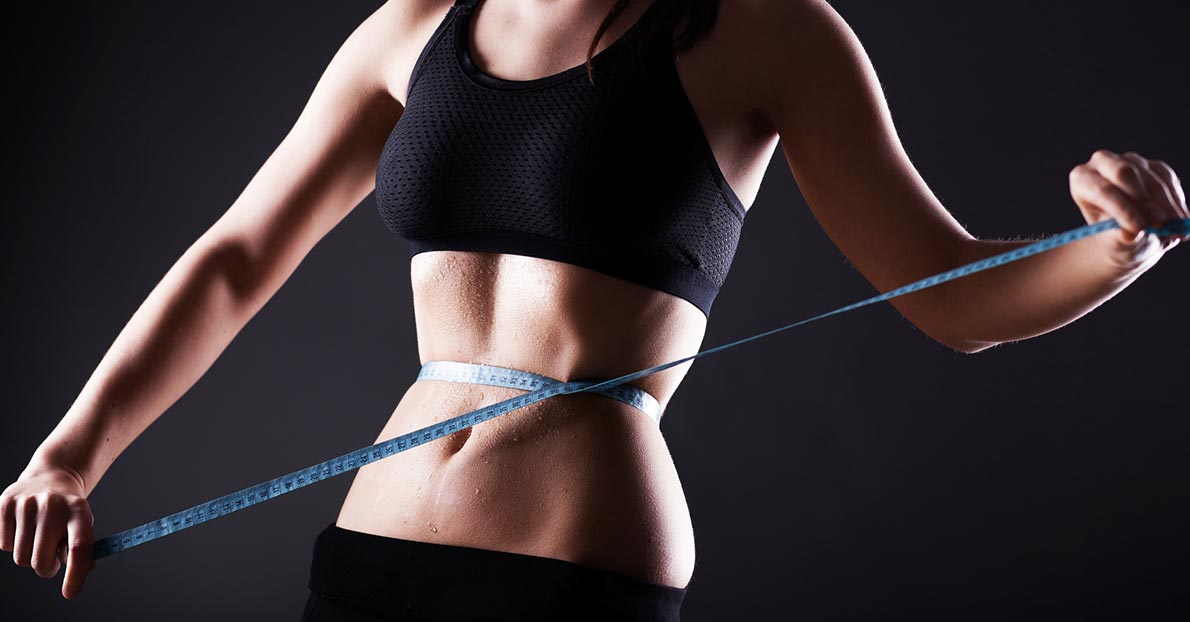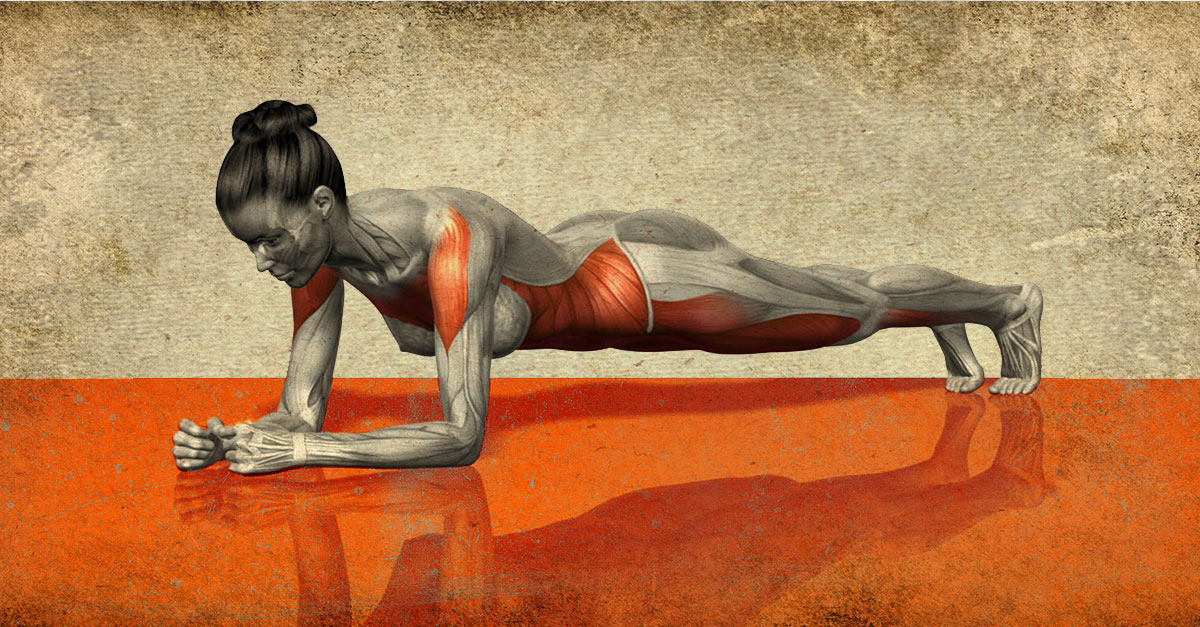As you embark on your weight loss program, you hit several hurdles. From cravings to lack of motivation, it’s not easy to get rid of the fat that has accumulated over the years. But when you have pushed yourself hard enough and are almost about to reach the lean, ripped physique you have been aiming for, you realize that it’s not that easy to shake off those last few pounds. They are your body’s last reserves of energy and your body is just not ready to let go of it. So be patient and follow these 7 tips to achieve the body of your dreams.
1. Lose Weight Slowly

When you began working out, you probably lost weight relatively fast because of the change is routine but losing the last few pounds is going to take a little more effort. By targeting a one- to two-pound per week loss, you can eat enough to fuel workout performance and recovery, which will also keep your metabolism high. For better results, aim for a caloric deficit of 300–600 calories a day.
2.
Zigzag Your Calories

If you can’t maintain a calorie deficit every day, try zigzagging your calories. Basically, it means you have more calories on some days and less on others. If you’re already on a low-cal diet, add 400-500 calories for 4 days per week while sticking to fewer calories on other days. However, if you’re doing a high-intensity workout, you’re going to need more calories. So, you’ll have to experiment and see what works for you.
3. Train After A Longer Fasting Period

Training lightly on an empty stomach early in the morning improves fat mobilization and is a good way to burn some extra calories without affecting your hard training session of the day. However, you need to be careful about exercising too much, especially if you’re on a low-cal diet. It can make you catabolic, a condition where your body begins to burn muscle along with fat. To avoid this, you can grab a small carb snack before your morning workout.
4.
Get Enough Protein

Protein is made up of amino acids which are the building blocks for your muscles. This makes protein vital for adding more muscle. How much protein depends on factors like your body weight, current diet, and muscle gain goals. You may want to talk to a nutritionist about the right amount of protein. If your diet is not rich in protein consider taking whey protein supplements.
5. Don’t Skip Carbohydrates Completely

Carbohydrates have been called the enemy because most people have just too many carbs. But carbohydrates are the main source of energy for your body. Strategic use of carbohydrates for fuel is vital for performance. During the initial stages of your weight loss journey, you will have to cut down on carbs significantly, but once you have a reasonable level of fitness, cutting carbs is not healthy. Around 40 percent of your total calories can come from healthy carbohydrate sources.
6.
Don’t Cut Out Fat

According to a review in the Journal of the International Society of Sports Nutrition, dietary fat intake is believed to impact anabolic hormone levels, which includes testosterone, a known performance enhancer. About 20 percent to 30 percent of your calories can come from healthy fats like fish, avocados, olives, nuts, and seeds. However, keep in mind that fats have more than double the calories of proteins and carbs.
7. Stop Stressing

If you’ve reached to those last few pounds, you’ve probably put in a lot of effort. So give yourself a pat on the back instead of stressing about the last stretch of your weight loss journey.
Following the steps above will eventually lead you to your final goals. You might have to go really low on the body fat percentage to give perfect muscle definition but even professional athletes and bodybuilders only push hard during competition season. Stay ripped all through the year is not healthy. Just follow the routine and you’ll get there.




